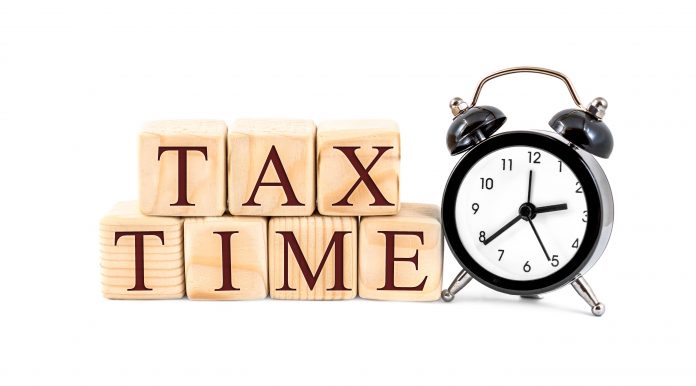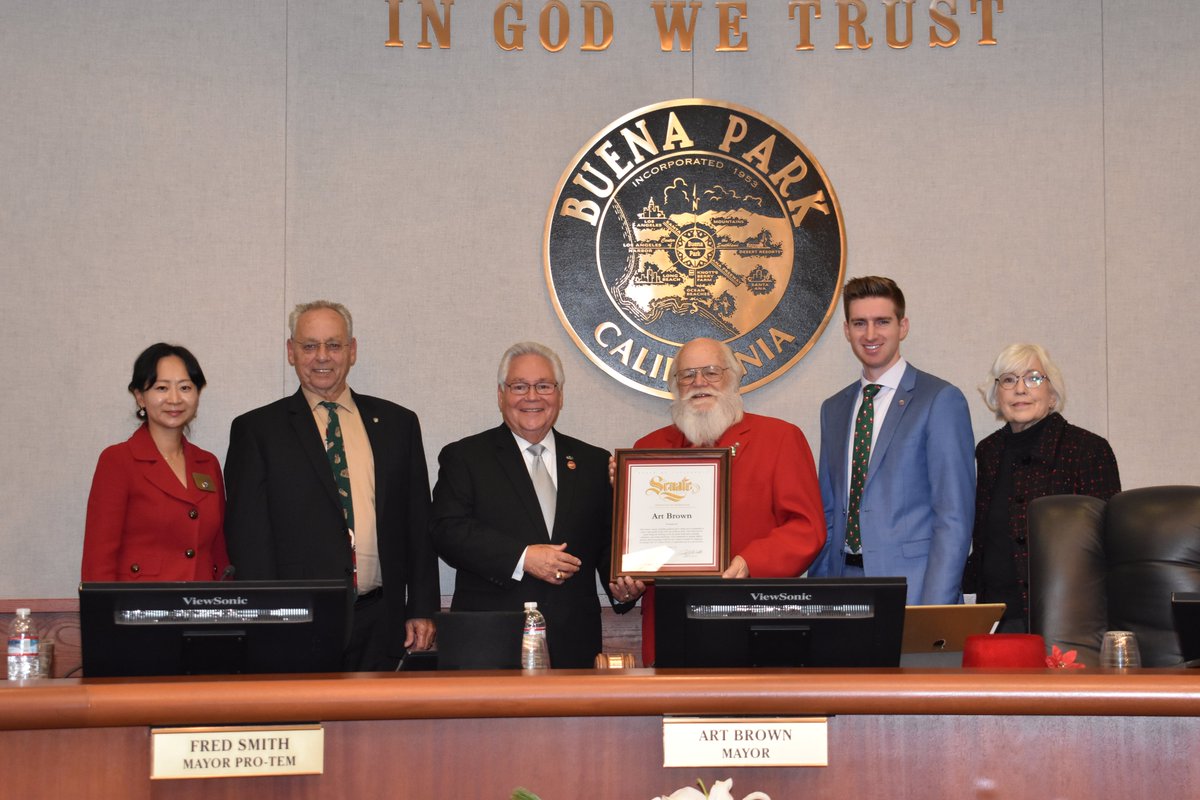Disney and taxes: the customer is always right
By David Chiodo
A lingering tension exists between The Walt Disney Corporation and its host city Anaheim, primarily over the issues of tax incentives, exemptions, rebates and future protections.
The City of Anaheim has enjoyed sustainable growth directly attributed to Disney’s’ presence. The Anaheim Resort was created by Anaheim and Disney to create a public-private ownership and providing mutually benefitting objectives.
Disney’s financial reports disclose total assets valued at $95 billion which has risen each year since 2006 from $60 billion.
But is Anaheim getting the short end of the stick?
Disney benefits from lucrative tax incentives, redemptions and protections from future tax. A constant debate centers on the Downtown Disney parking lot that holds over 10,000 cars. The city of Anaheim, who paid for the lot, leases it to Disneyland for one dollar a year.
How far should the benevolence go?
An article published Sept. 24, 2017 titled “Disney spent heavily to sway an election in Anaheim-Did it pay off?” identifies the contributions Disney made to back council members running for open chairs in the Nov. 2016 election claiming “[Disney is] typically the single biggest contributor to local politicians.”
Anaheim Mayor Tom Tait has been quite vocal in comments regarding Disney and their incentives. Regarding a 2016 city room tax awarded to Disney, he stated, “If Disney is going to build the hotel anyway, this incentive is more like a gift.” The rebate would be applied to luxury hotels in future developments.
Corporations as infused within their city as Disney bring enormous value to the community. If the tax incentives are a form of customer service to keep Anaheim’s customer happy they appear justified. At any point Disney could vacate the hundreds of millions of dollars they have invested into the area. But with exemptions in place over a lengthy period of time that is unlikely to happen.
When President Donald Trump signed the GOP Tax Bill into legislation experts estimated Disney could add $2 billion dollars to its bottom line. The bill passed 51 to 48 and is the biggest tax reform since Reagan’s in 1981.
The bill has a shelf life of ten years and breaks down the cuts year by year and bracket by bracket. One change that will take effect immediately is the corporate tax rate reduction which will go from 35% to 20% starting this year.
The top two personal Disney shareholders as of Dec. 17, 2017 are Disney Chairman and CEO Robert Iger and Senior Vice President and CFO of Disney Christine McCarthy. How the corporation will use the money from tax savings is undetermined. Whether the city of Anaheim will benefit directly from hosting such a profitable entity is unclear.
Neither Iger nor McCarthy could be reached for comment.











